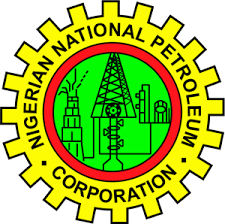NNPC Ltd’s three refinery complexes, currently undergoing turnaround maintenance (TAM), will not be able to produce diesel with a sulfur content below 1,500 parts per million (ppm) upon commissioning.
This is way above the quantity of sulfur content in the regulation, even for local refiners. The government-run crude oil processing plants, located in Port Harcourt (in eastern Nigeria), Warri (in midwestern Nigeria), and Kaduna (in the country’s north), have been undergoing a revamp, starting with the Port Harcourt complex, since 2021.
Commissioning hitches have reportedly held the smaller (60,000 barrels per stream day) of the two refineries in the Port Harcourt complex from coming on stream.
Revamp of the (150,000 BPSD) bigger facility is not expected to be ready to work until 1 Quarter 2025. NNPC sources argue that the rehabilitation was to bring the facilities back to work and not to introduce any technology process that wasn’t there in the first place.
The turnaround maintenance has focused on restoring the processing plants to their optimal performance without adding new processes.
In line with Nigeria’s agreement with other member countries of the Economic Community for West African States (ECOWAS), which is in consonance with Nigeria’s Petroleum Industry Act (PIA), the roadmap by the Nigerian Midstream & Downstream Petroleum Regulatory Authority (NMDPRA) says that local refiners can produce diesel with 650 to 1,200 ppm sulfur content until December 2024. But the rule also says that importers cannot bring in diesel with a sulfur content of more than 650 ppm.
The incentive for local refiners, compared to importers, aims to compensate them for their investments in domestic production, allowing them to recover their costs. NMDPRA plans to gradually reduce the sulfur content for importers to 50 ppm by June 2025, at least according to the policy outlined on paper.

